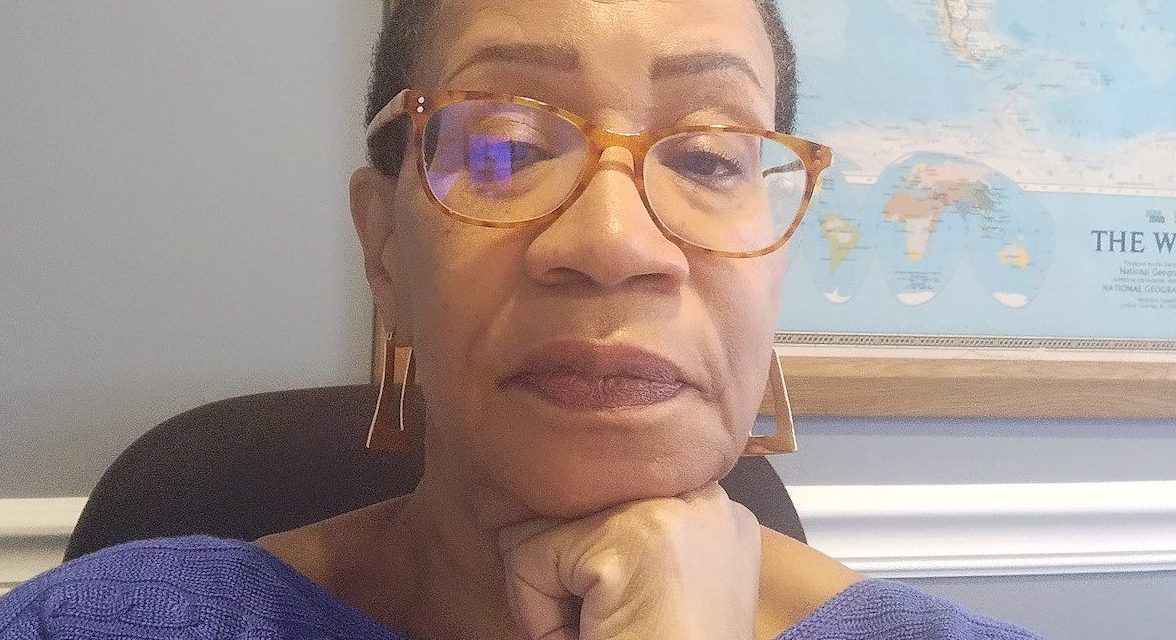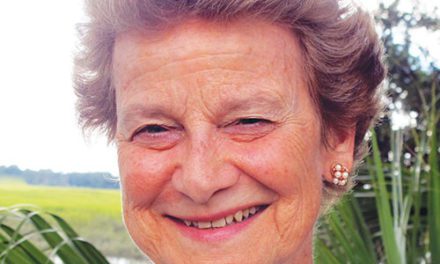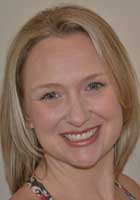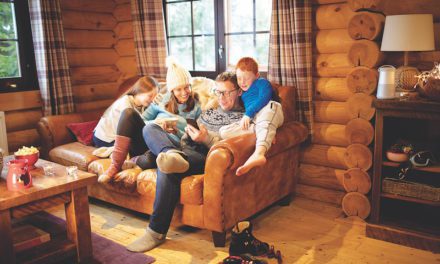Although I have tried, I have never been able to get swept up and away into the euphoria of New Year’s Eve. I never quite understood the hoopla invested in the ten- second countdown to the incoming year. Even in the midst of exuberant party goers, I felt like an imposter. Over the years I’ve gotten dressed, braved bitter cold temperatures and paid my share of jacked-up door fees to participate in the ten-second ritual. I have blown my share of party horns and yelled Happy New Years at the top of my lungs. But, I was never fully in. The whole of the moment, that ten second period of utter abandonment, escaped my understanding. I tried, but I couldn’t get past adult-beings screaming frantically over what I pragmatically viewed as nothing more than the passage of time. If the moment symbolically represented starting over, didn’t we as conscious beings have the power to start over at any given time?
Then something happened this past Thanksgiving that provided me with a different perspective of not only celebrating New Year’s, but other holidays as well. The aha- moment came while I was talking with a woman whose insight I’d always admired. We were discussing the history and customs of Thanksgiving. I questioned whether or not holiday traditions were and are based on moral principles, or if they were created to break the monotony of life. Without hesitating, she asserted that human beings needed rituals.
The air of confidence in her statement stopped the chatter in my head. I paused. This in itself was an anomaly for me. My style of communicating is often similar to that of a tennis match. I enjoy the give and take of ideas. I quickly absorb others’ opinions, weigh them and either counter or ask questions. However, the authoritative tone of her statement was so confident that it stopped me cold. I sat with it. I questioned it. And I apparently absorbed it, because weeks later I was still asking myself – are rituals needed? Was and is the ten-second countdown some kind of primal acknowledgement of something deep and meaningful? If so, what is the meaning?
Her sage-like assertion sent me on a mission. I needed to find out if humans did indeed need rituals. If so, was the observance of passage of time, like the New Year’s Eve countdown, one of the rituals we needed? My self-assigned mission took me to the ancient city of Babylon, where some 4,000 years ago,the first New Year’s celebrations began. The original eleven-day festival started in March, which was then the beginning of the new year. According to Babylonians’ belief, spring represented the rebirth of nature, as well as, the revitalization of the collective spirit of the people.
What if, I thought? What if, some of the practices we observe today are shrouded in ancient wisdoms that have survived the test of time? What if our forefathers and mothers possessed knowledge of the human psyche that we have forgotten? What if they foresaw a time when, like today, human beings would become so tied to the daily rhythm of work, they would forget who they were and become disconnected from nature? What if the ten- second countdown is and was a way to provide us human beings with a moment to pause in order to reconnect with our fullest potential?
Did the creators of New Year’s celebrations see the future? Is it possible that they foresaw the industrial and technological revolutions that would trigger a zombie-like dependence on comfort-conveniences and technical devices that keep us plugged into another reality? Could they have known that we would reach a place in time in which we would be lured into a sleeplike existence? Did they see the mechanical rhythms we would shower to, work to and return home to?
If our ancestors understood that we human beings become disconnected from nature and one another perhaps they created rituals to help us compensate. Maybe customs associated with special feasts and occasions are meant to short circuit our spiritual, mental and emotional being in order to reconnect us to the things that matter most in life. What if, I asked, rituals are needed to wake us up to universal themes of love, peace, creativity and the unlimited possibilities that life offers?
Trumpets are often used to announce great events. Perhaps New Year’s Eve hooting, hollering and horn blowing are the ritualistic tools revelers use to prepare them for the New Year. Maybe our ancestors weren’t too different from who we are today. While we are consumed with modern technology and the unforgiving regime of nine-to-five work days, our ancestors were quite likely fixated on the demands of farming. Could it be that rituals and ceremonial observations have always been used to jar human beings out of the lull of day-to-day activities in order to reconnect them to nature and God?
It seems appropriate that the first celebrations of a New Year occurred between the end of winter and the beginning of spring. Spring is symbolic of birth. While winter is synonymous with death. The ten seconds between the New Year and the outgoing one can be viewed as a moment of transition. We are between the death of winter and the spring of life. Isn’t it appropriate we enthusiastically bid a farewell to the past and gleefully welcome in the future?
This New Year’s Eve will be a different kind of celebration for me. For the first time in years I will go into the night and enter into the morning with a reverence for what has happened in the past and for what can be in the future. While, I don’t think I will partake in the primal calls of pain and joy by yelling or making noise with noise makers, I do intend to salute the outgoing year and joyfully embrace the New Year.







